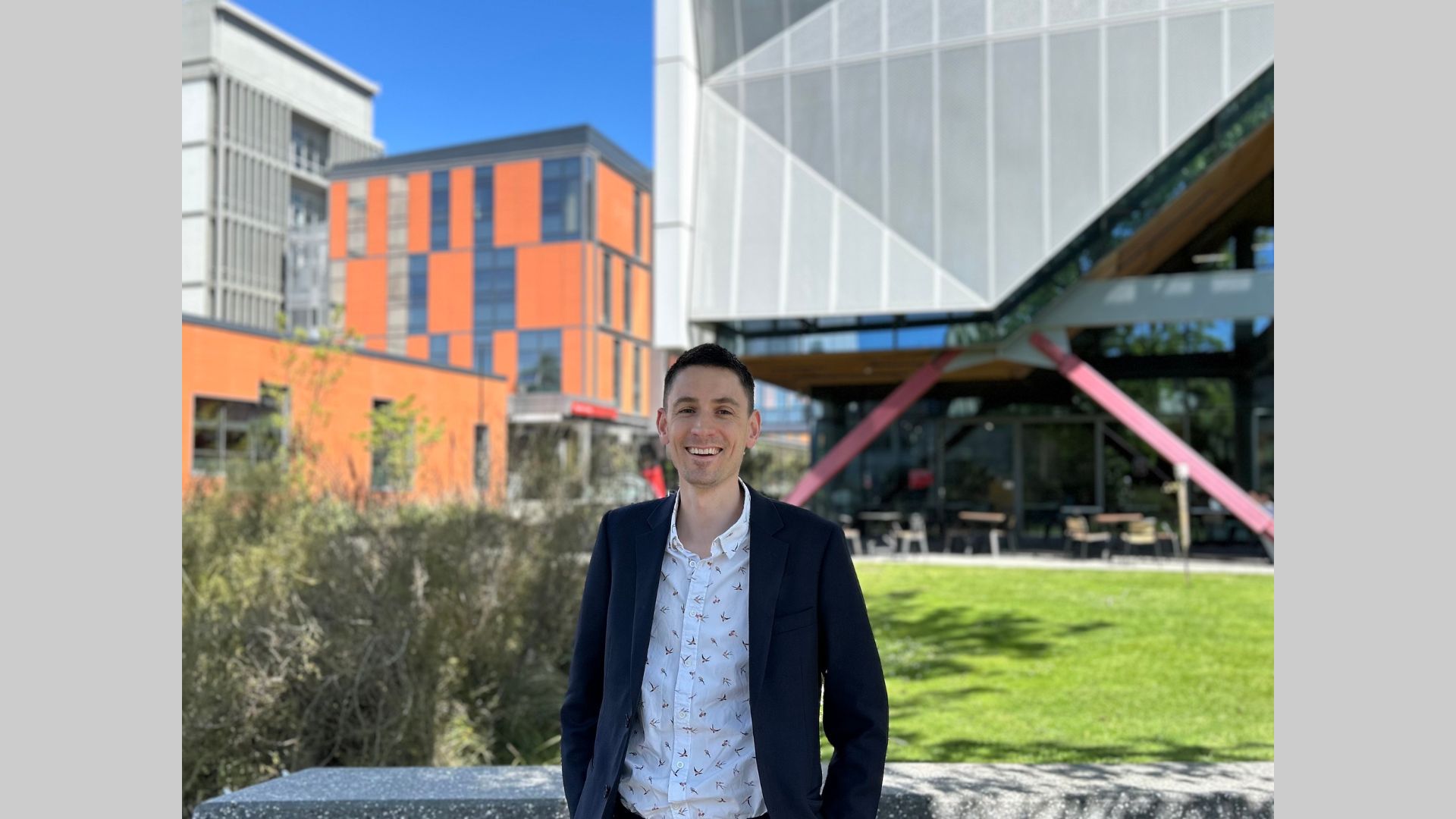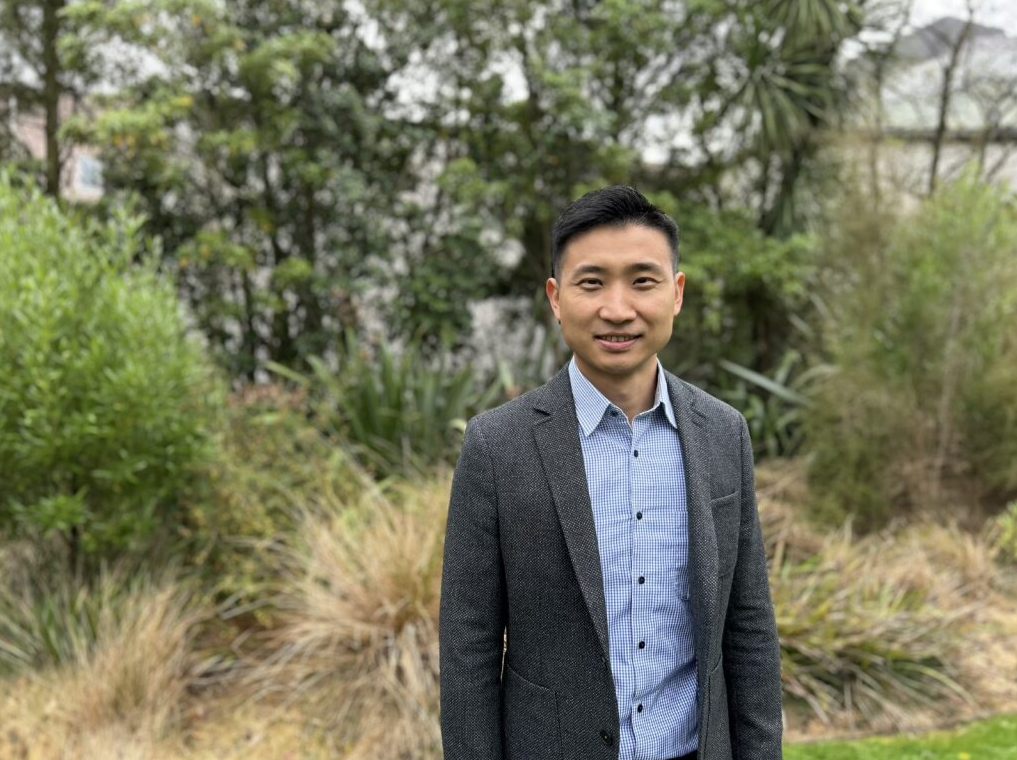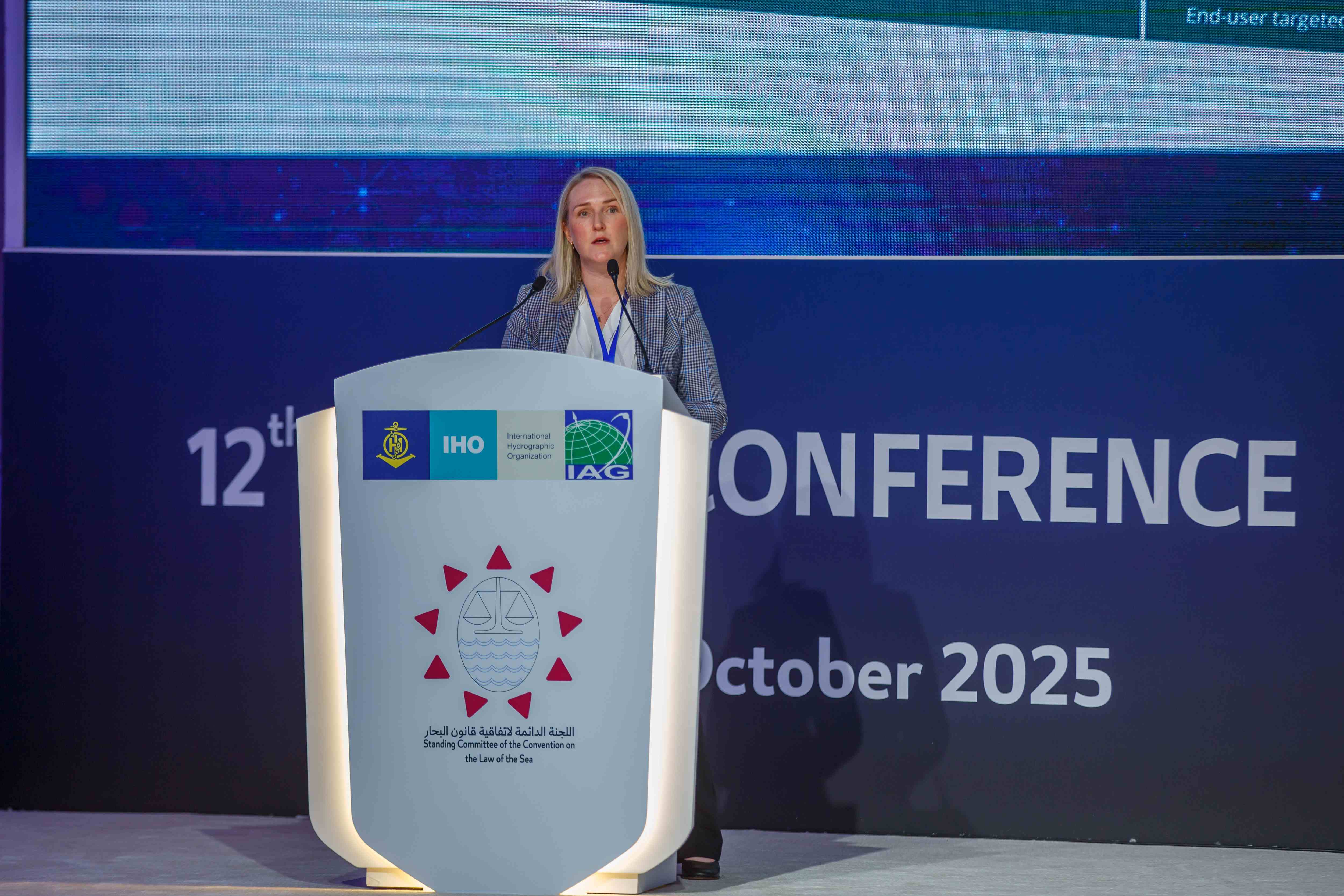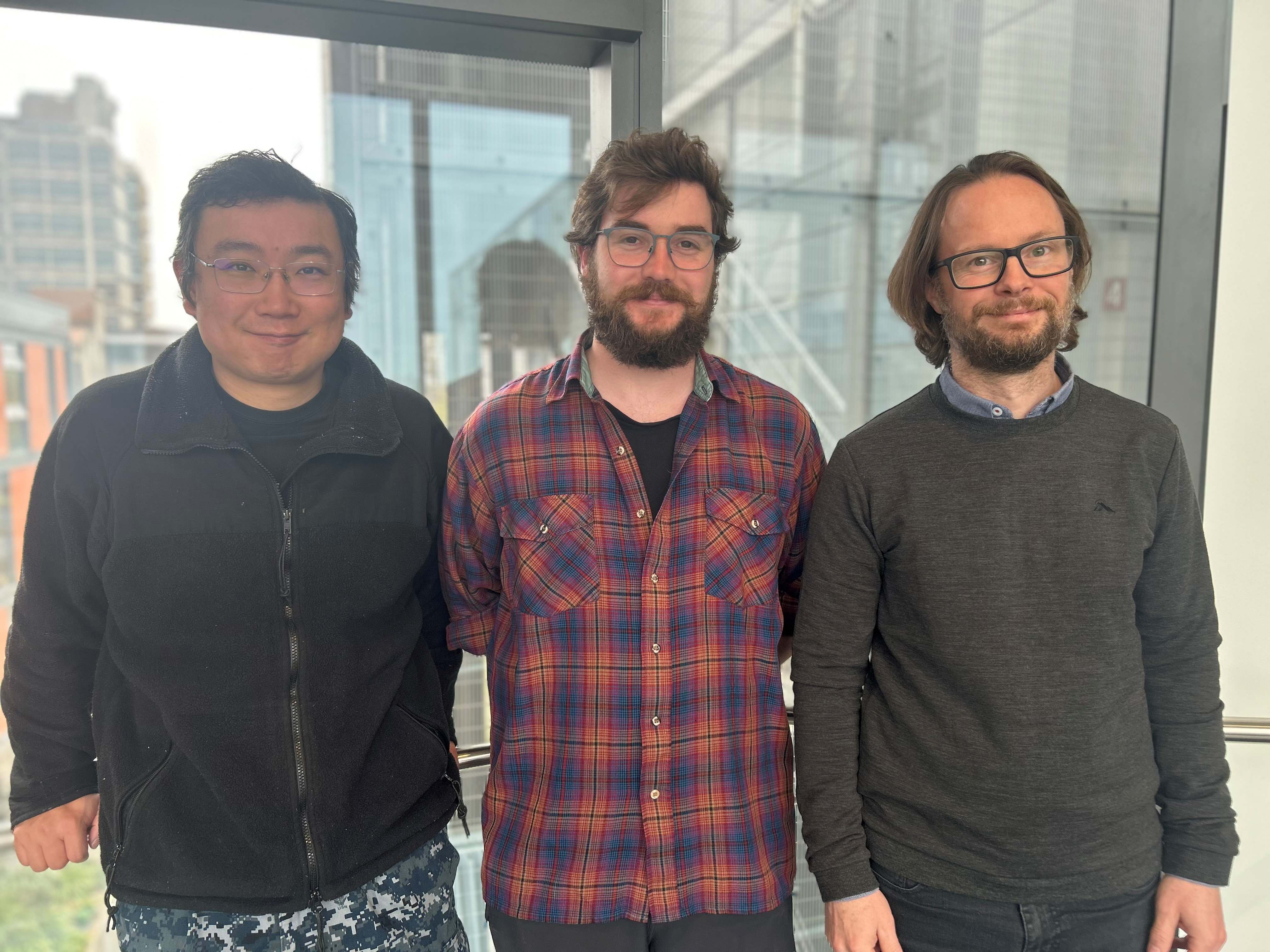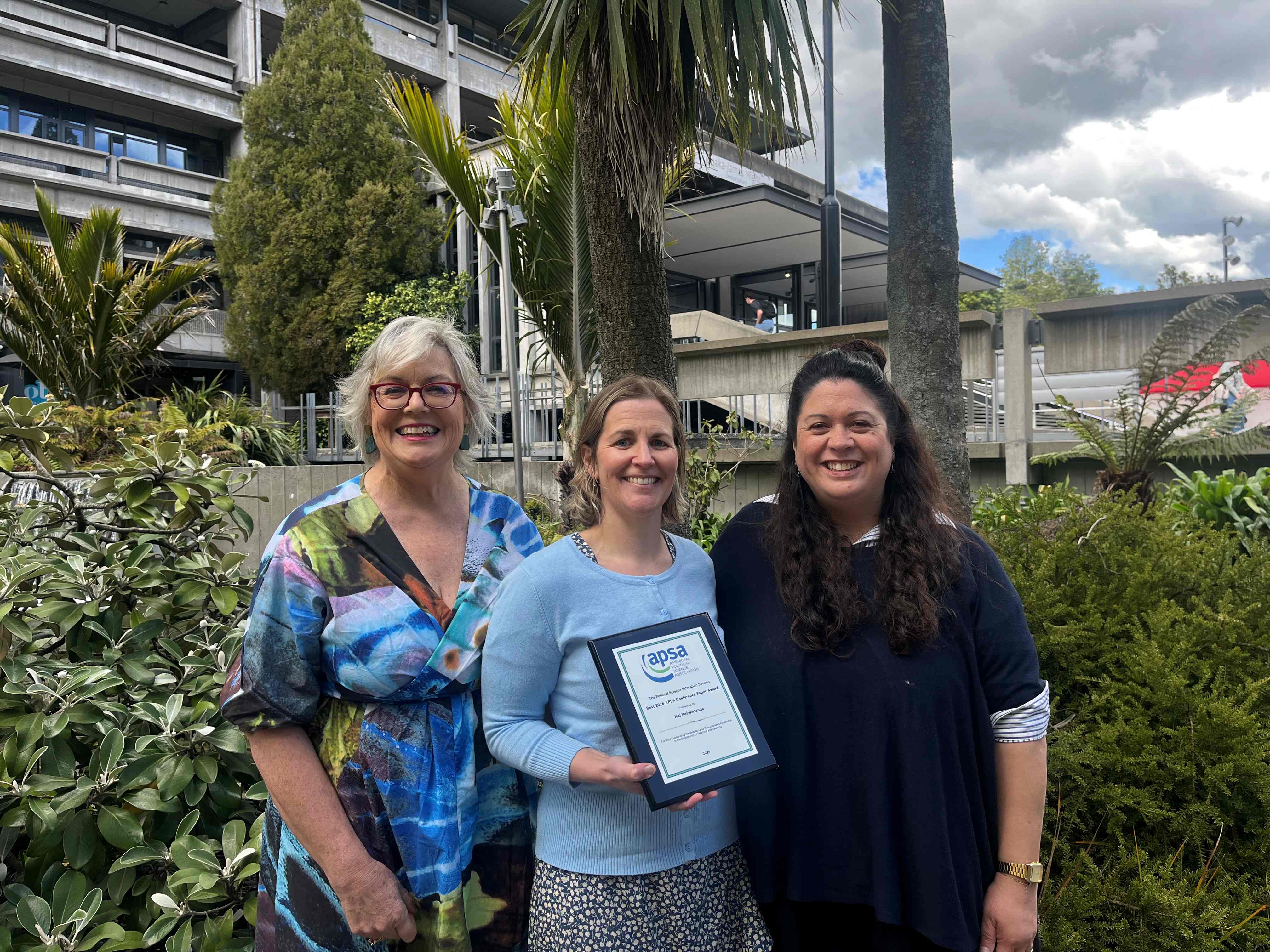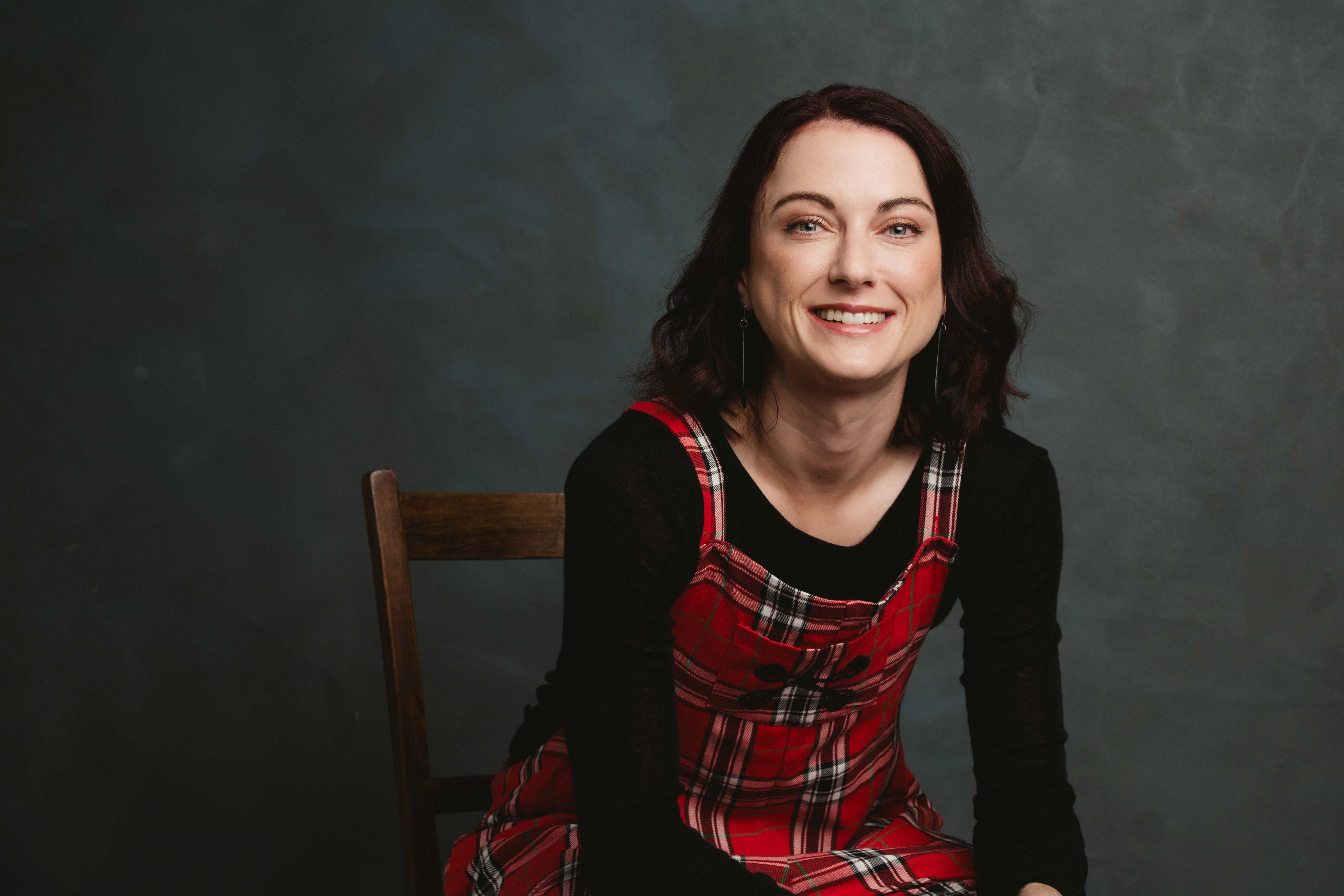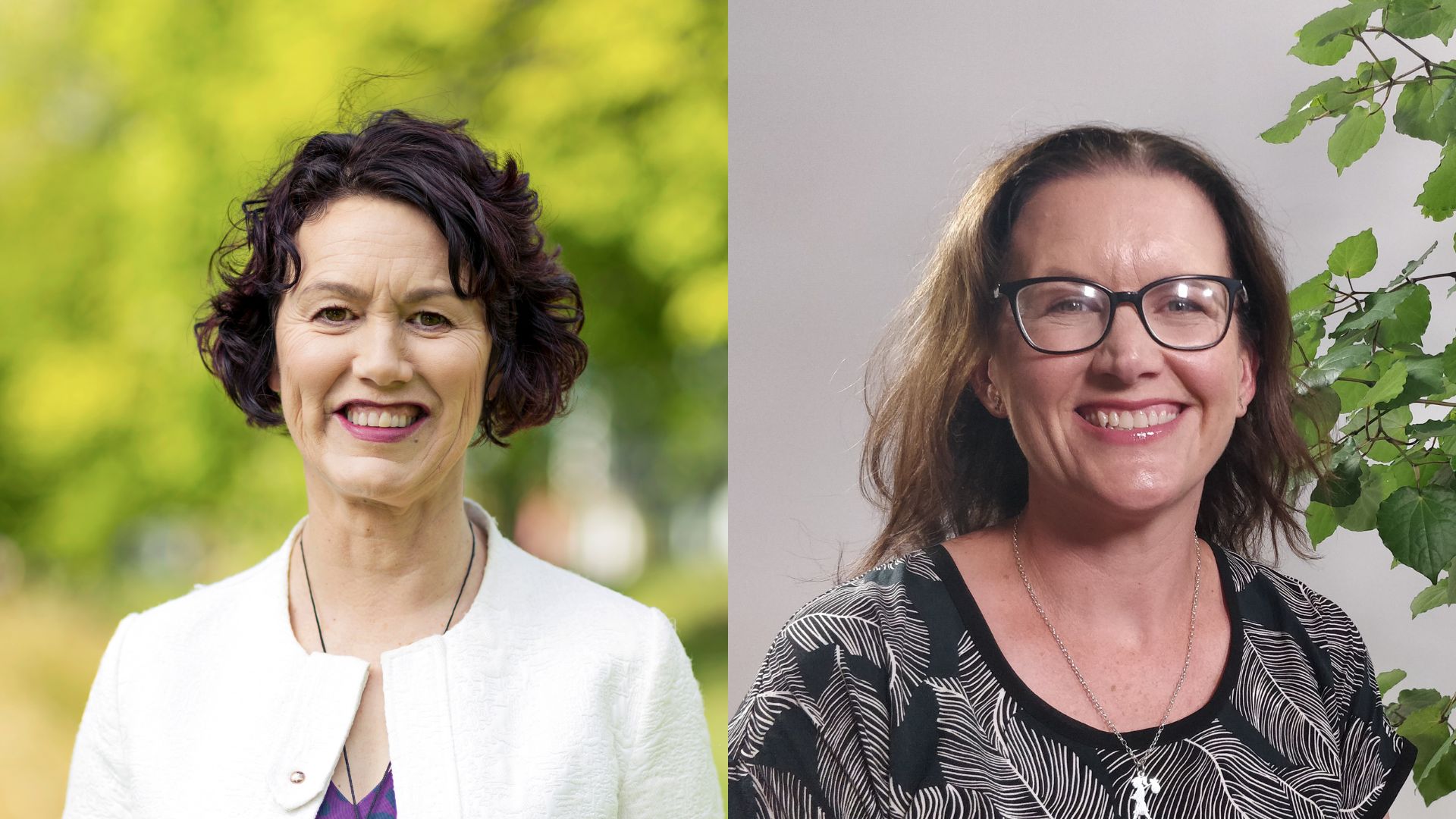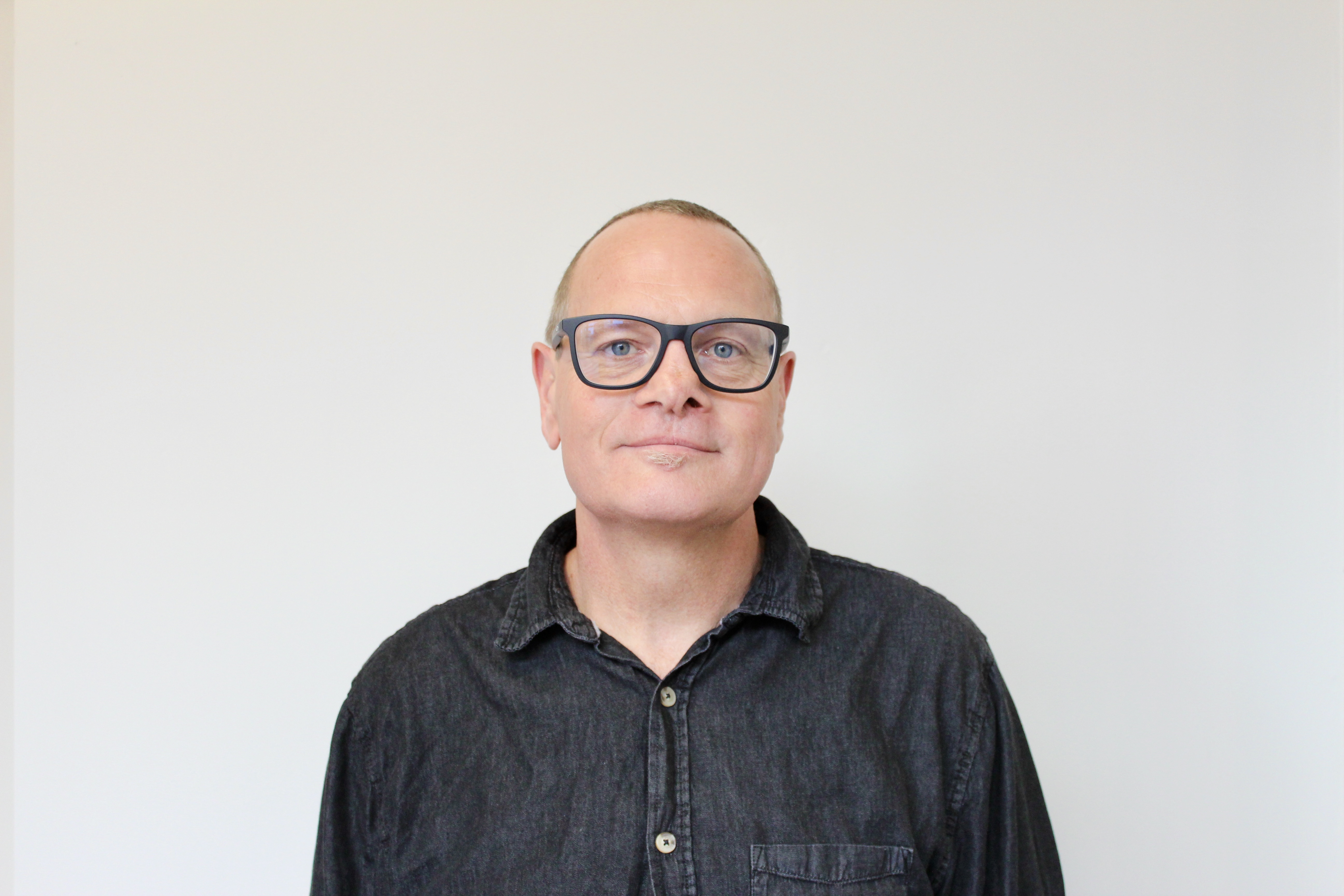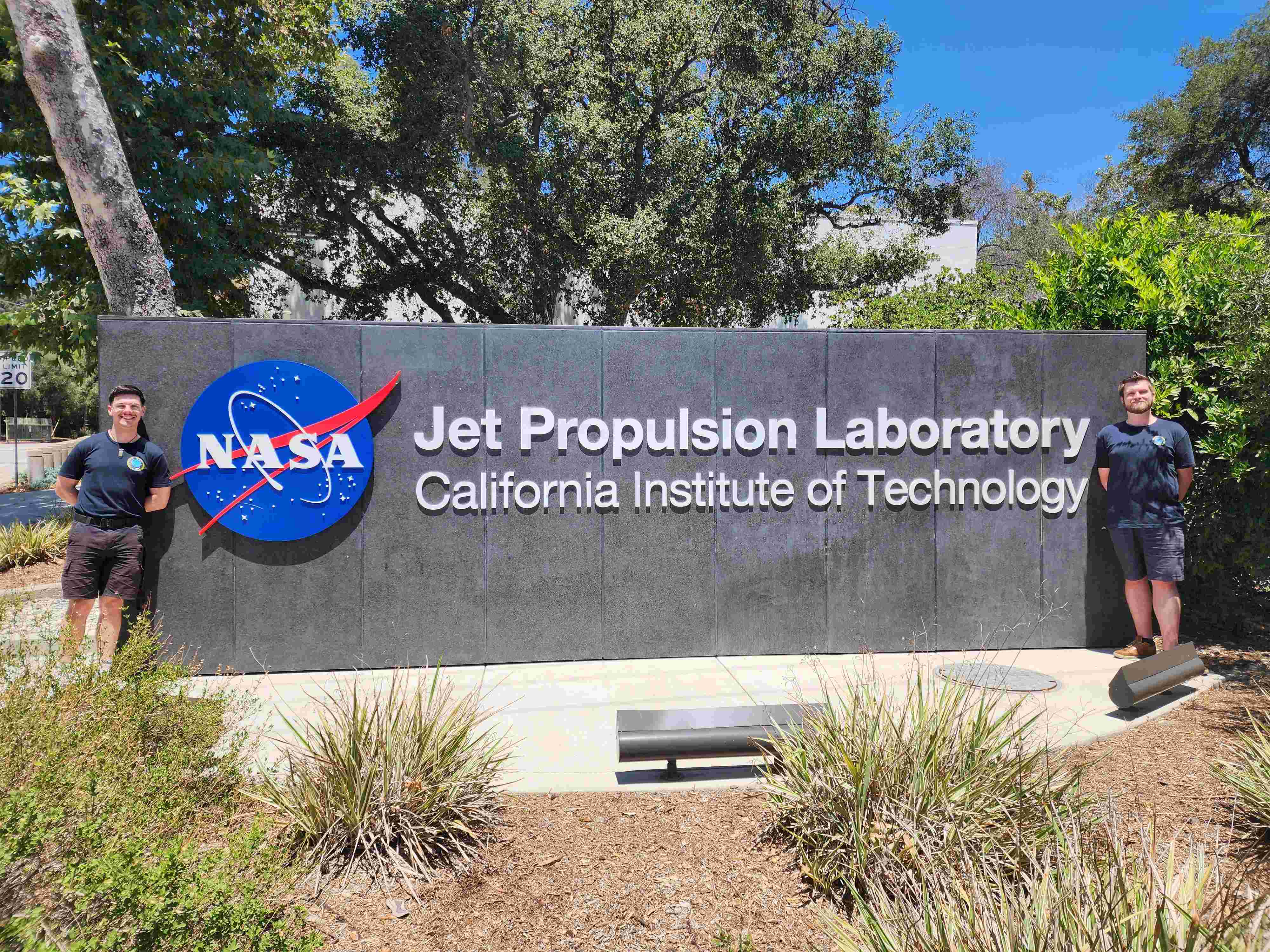- Professor Misko Cubrinovski
Throughout my career, I have inspected many areas affected by major earthquakes and liquefaction, but what we had in Christchurch was really unprecedented in terms of how extensive and severe the liquefaction damage was.
- Disaster law - University of Canterbury Law academics Professor John Hopkins and Dr Toni Collins explain disaster law and shortcomings in New Zealand’s legal system highlighted by the Canterbury earthquakes.
- Preparing for the next big quake – University of Canterbury earthquake engineer Professor Brendon Bradley says we can’t predict when and where earthquakes will occur, but “we do have probabilistic models that tell us the likelihood that certain faults are going to rupture over a certain period of time.”
- Designing low damage buildings – Low-damage buildings don't just save lives in an earthquake, says Professor Geoff Rodgers – they are designed to be resilient so they can stay in use.
- Liquefaction: lessons from the 2011 Christchurch earthquake – Professor Misko Cubrinovski has spent his professional career studying liquefaction caused by earthquakes, but even he was surprised by how widespread and extensive the effects of liquefaction were following the 2011 Christchurch earthquake.
- Buildings that better survive earthquakes – It’s an active area of research for earthquake engineers, including a world-leading team at the University of Canterbury. Among their ranks is Rutherford Discovery Fellow Geoff Rodgers, who brings a mechanical engineer’s sensibility to an area that has traditionally been the domain of civil engineers.
- High-rise apartments in central Wellington and earthquake strengthening issues – the University of Canterbury's Director of Studies for Earthquake Engineering, Professor Tim Sullivan, said work is underway in the university’s engineering laboratories to find cost effective ways to reduce damage and safety risks in pre-existing buildings.


